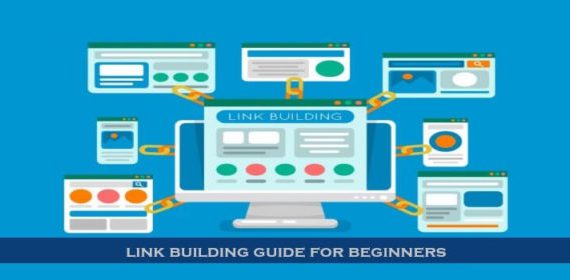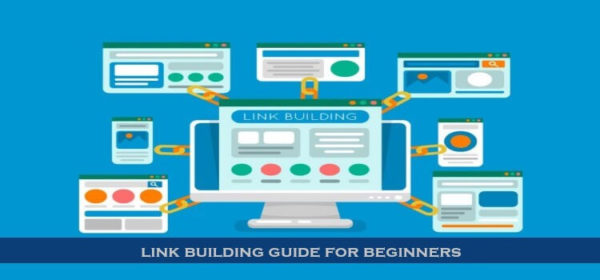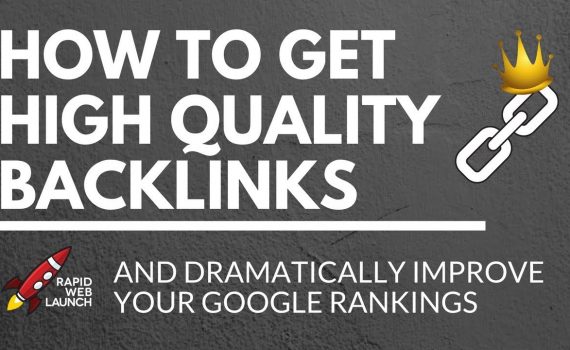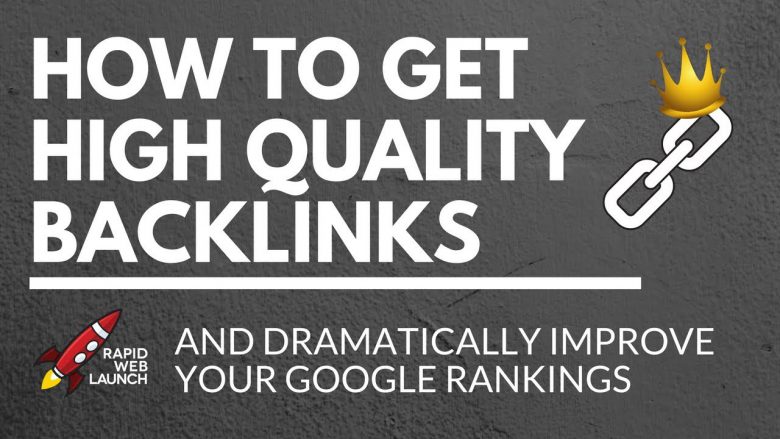
Link Building for Beginners: Essential Tips for Getting Started with Backlinks
Category : Link building
Link building is a fundamental component of search engine optimization (SEO) that can significantly enhance your website’s visibility and authority. For beginners, understanding and implementing effective link-building strategies may seem daunting, but with the right approach, you can start building a robust backlink profile that supports your SEO efforts. This guide provides essential tips and strategies for getting started with link building, ensuring you lay a solid foundation for your SEO success.
What is Link Building?
Link building is the process of acquiring hyperlinks from other websites to your own. These hyperlinks, or backlinks, are crucial for SEO because they act as votes of confidence from one site to another, indicating that your content is valuable and relevant. Search engines like Google use these backlinks to assess the credibility and authority of your site, which can influence your search engine rankings.
Why Link Building Matters
1. Improves Search Engine Rankings: Backlinks signal to search engines that your content is authoritative and trustworthy. High-quality backlinks can boost your site’s rankings in search engine results pages (SERPs).
2. Increases Website Traffic: Quality backlinks from relevant websites can drive referral traffic to your site. Users who click on these links are likely to be interested in your content or products.
3. Enhances Brand Visibility: Earning backlinks from reputable sites helps increase your brand’s exposure and credibility within your industry.
Essential Tips for Getting Started with Link Building
1. Create High-Quality Content
Overview: Content is the foundation of effective link building. High-quality, valuable content attracts backlinks naturally because other sites want to reference or share your exceptional work.
Tips:
Focus on Value: Produce content that provides real value to your audience. This could include how-to guides, comprehensive industry reports, infographics, or original research.
Ensure Originality: Unique and original content is more likely to attract backlinks compared to content that merely rehashes existing information.
Update Regularly: Keep your content fresh and up-to-date. Regular updates can attract new backlinks and maintain the relevance of your content.
Examples: Write a detailed guide on a niche topic relevant to your industry or create an infographic that visually represents complex data.
2. Research Your Competitors
Overview: Analyzing your competitors’ backlink profiles can provide valuable insights and help identify opportunities for your own link-building efforts.
Tips:
Use SEO Tools: Tools like Ahrefs, SEMrush, or Moz can help you analyze the backlink profiles of your competitors. Look for sites that link to your competitors but not to you.
Identify Link Sources: Determine where your competitors are getting their backlinks from, such as industry blogs, news sites, or directories.
Look for Gaps: Identify any backlink gaps between your site and your competitors. This can help you target similar sources for your own link-building campaigns.
Examples: If a competitor’s blog post is frequently linked to by industry publications, consider creating content on a similar topic and reaching out to those publications.
3. Build Relationships with Industry Influencers
Overview: Establishing relationships with influencers and thought leaders in your industry can open doors to valuable backlinks and collaborative opportunities.
Tips:
Engage on Social Media: Follow and interact with industry influencers on platforms like Twitter, LinkedIn, or Instagram. Share their content and engage in meaningful discussions.
Offer Value: Provide value to influencers by sharing useful resources, insights, or collaboration opportunities. Building a genuine relationship can lead to backlink opportunities.
Collaborate on Content: Partner with influencers for guest posts, interviews, or co-authored articles. This can result in high-quality backlinks from their platforms.
Examples: Reach out to an industry influencer for an interview or ask if they would be willing to contribute to a blog post on your site.
4. Leverage Guest Blogging
Overview: Guest blogging involves writing articles for other websites or blogs within your niche. It’s an effective way to gain exposure and earn backlinks from reputable sites.
Tips:
Identify Reputable Blogs: Find authoritative blogs in your industry that accept guest posts. Ensure they have a strong readership and align with your niche.
Pitch Relevant Topics: When pitching guest post ideas, focus on topics that will resonate with the blog’s audience. Provide value and unique insights in your proposed content.
Include Backlinks: Within your guest posts, include backlinks to relevant content on your own site. Ensure these links are natural and add value to the guest post.
Examples: Write a guest post for an industry blog discussing emerging trends or best practices in your field.

Step-by-step guide to link building for beginners
5. Utilize Directories and Listings
Overview: Submitting your website to relevant directories and industry listings can provide valuable backlinks and enhance your site’s visibility.
Tips:
Choose Relevant Directories: Focus on reputable and relevant directories related to your industry. Avoid low-quality or spammy directories that can harm your SEO efforts.
Ensure Accuracy: Make sure your directory listings are accurate and up-to-date. Consistent business information across directories helps build credibility.
Monitor Listings: Regularly review and update your directory listings to ensure they reflect any changes to your business or website.
Examples: Submit your site to industry-specific directories or local business listings relevant to your geographic area.
6. Engage in Resource Link Building
Overview: Resource link building involves creating valuable resource pages or lists that other sites can reference and link to.
Tips:
Develop Resource Pages: Create comprehensive resource pages or toolkits that compile valuable information or tools related to your industry.
Promote Your Resources: Reach out to websites and bloggers in your niche, letting them know about your resource pages. Encourage them to link to your resources if they find them useful.
Monitor Backlinks: Track the backlinks to your resource pages and analyze their impact on your SEO performance.
Examples: Develop a resource page featuring essential tools and guides for professionals in your industry and promote it to relevant sites.
7. Monitor and Analyze Your Backlink Profile
Overview: Regularly monitoring and analyzing your backlink profile helps ensure the quality of your backlinks and identify opportunities for improvement.
Tips:
Use SEO Tools: Employ tools like Google Search Console, Ahrefs, or Moz to track your backlinks and identify new linking domains.
Evaluate Link Quality: Assess the quality of your backlinks based on factors such as domain authority, relevance, and anchor text.
Disavow Toxic Links: If you identify low-quality or spammy backlinks, use Google’s Disavow Tool to prevent them from negatively impacting your SEO.
Examples: Review your backlink profile monthly to assess link quality and address any issues with toxic links.
Wrapping it up
Effective link building is essential for enhancing your website’s authority and search engine rankings. By focusing on creating high-quality content, researching competitors, building relationships with influencers, and leveraging guest blogging and resource link building, you can develop a strong backlink profile that supports your SEO goals.
For beginners, the key is to start with foundational strategies and gradually expand your link-building efforts as you gain experience. By consistently applying these essential tips and monitoring your progress, you’ll be well on your way to building a successful backlink profile and achieving long-term SEO success.

